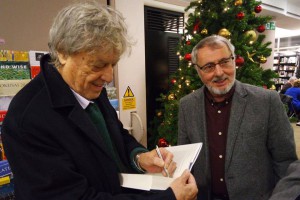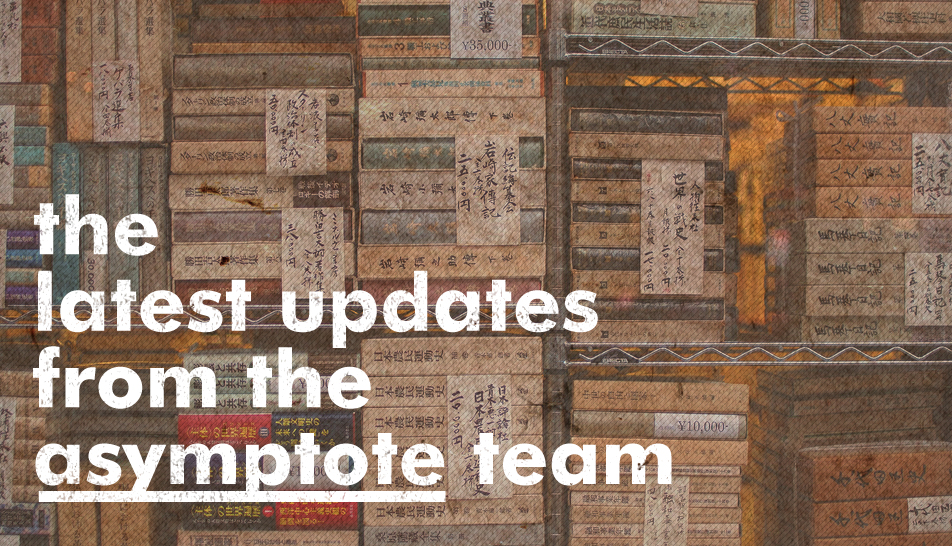Want to find out what’s happening in the literary world? This week, our Editors-at-Large bring you news from Palestine, where a landmark issue of World Literature Today features nearly two dozen of the most eminent Palestinian writers; India, where lockdown is slowly being lifted, and bookstores begin to bustle; and Central America, where writers from Guatemala to Costa Rica are releasing new books. Curious about this wide-ranging itinerary? Read on to find out more!
Carol Khoury, Editor-at-Large, reporting from Palestine
“While most writers offer their writing to the masses, Palestinian writers offer their very souls,” writes the Guest Editor Yousef Khanfar in his introduction to “Palestine Voices,” the Summer 2021 issue of World Literature Today (released earlier this month). Throughout its ninety-five-year publishing history, World Literature Today (published at Oklahoma University), has never devoted a cover feature—let alone a dossier—exclusively to the literature, art, and culture of Palestine. Even when WLT dedicated an issue in 1986 to “Literatures of the Middle East: A Fertile Crescent,” Palestinian writers were conspicuously absent from the lineup, reveals Editor Daniel Simon. Indeed, in Mona Mikhail’s essay introducing the 1986 issue, one of the most pivotal events during the modern era of the Middle East—the Palestinian Nakba that led to the creation of the state of Israel in 1948—isn’t even mentioned.
With less attachment to the Nakba but more freedom for exploration and imagination, the expanded issue, at 128 pages, “represents a long-overdue—and especially timely—attempt to remedy this deficit” writes Simon. “As with other recent dossiers dedicated to so-called “stateless” literatures, WLT’s Summer 2021 issue recognizes an autonomous literary tradition that dates back centuries and now, in the diaspora, is one of the most cosmopolitan literatures in the world.” The voices gathered in “Palestine Voices,” according to Khanfar, “speak a universal language: one of life filled with human dignity that celebrates a rich cultural heritage and vibrant present along with aspirations for freedom, justice, and hope for a better future.”
Nearly two dozen of the most eminent Palestinian writers and poets are gathered in WLT’s Summer 2021 issue, along with the work of twenty renowned artists and photographers. Since a number of the pieces are web exclusive, it is all worth it to explore the issue online, and to appreciate the well-chosen art works that compliment the texts. As “colonization slowly dehumanizes Palestine and the Palestinians,” according to Khanfar, Simon believes that the work by the writers featured in this WLT issue “rehumanizes a people who have much to offer the world.” At any rate, trust them when they say “these voices are designed to captivate and not to convince.” READ MORE…







